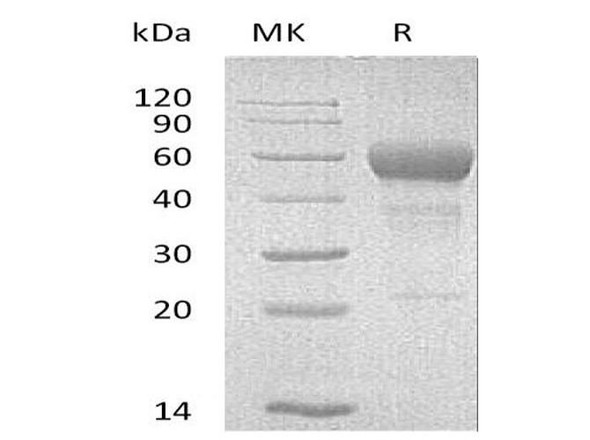CD95 (APO-1/Fas) is an important inducer of the extrinsic apoptosis signaling pathway and therapy induced apoptosis of many tumor cells has been linked to the activity of CD95. is a prototype death receptor characterized by the presence of an 80 amino acid death domain in its cytoplasmic tail. This domain is essential for the recruitment of a number of signaling components upon activation by either agonistic anti-CD95 antibodies or cognate CD95 ligand that initiate apoptosis. The complex of proteins that forms upon triggering of CD95 is called the death-inducting signaling complex (DISC). The DISC consists of an adaptor protein and initiator caspases and is essential for induction of apoptosis. CD95 is also crucial for the negative selection of B cells within the germinal center (GC). Impairment of CD95-mediated apoptosis results in defective affinity maturation and the persistence of autoreactive B-cell clones. Changes in the expression of CD95 and/or its ligand CD95L are frequently found in Human cancer. The downregulation or mutation of CD95 has been proposed as a mechanism by which cancer cells avoid destruction by the immune system through reduced apoptosis sensitivity. Thus , CD95 has therefore been viewed as a tumor suppressor. CD95 has been reported to be involved in the activation of NF-kappaB , MAPK3/ERK1 , MAPK8/JNK , and the alternate pathways for CTL-mediated cytotoxicity. Accordingly , this protein is implicated in the pathogenesis of various malignancies and diseases of the immune system. The CD95/CD95L system was implicated in the etiology of inflammatory bowel disease (IBD) based , primarily , on the finding that CD95 is highly expressed in the intestinal epithelial cells and that epithelial apoptosis is increased in IBD.






